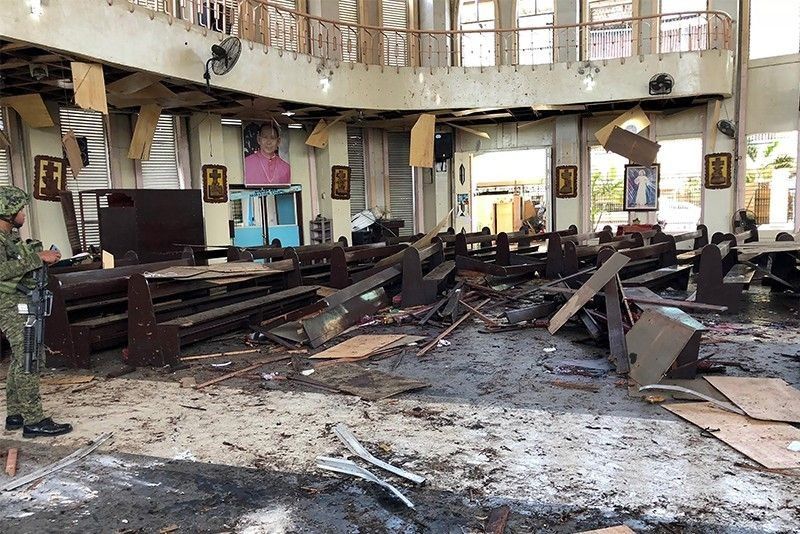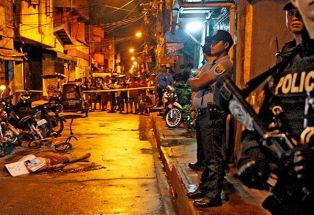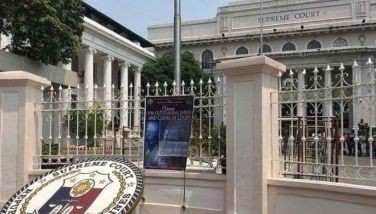Envoy cites link between terrorists, crime groups in Philippines

MANILA, Philippines — The link between terrorism and organized crime is well established in the Philippines.
At the UN Security Council Debate on the Linkages between International Terrorism and Organized Crime, Charge d’Affaires Kira Azucena of the Philippines’ Permanent Mission to the United Nations in New York said “a comprehensive approach is needed to curtail the activities of organized crime, which has been a source of financing for terrorists.”
Azucena said the Abu Sayyaf, the Bangsamoro Islamic Freedom Fighters (BIFF), Maute Group and Ansar al Khalifa have all declared allegiance to the Islamic State (IS) to fund their operations through drug trafficking, kidnapping, extortion, arms smuggling and other criminal endeavors.
The said groups initially cooperated with criminal organizations, but have since developed their own criminal networks which operate under the false rubric of freedom struggles, covering themselves with the mantle of victims of human rights and of religious conscience violations whenever the state moves against them to protect its citizens, Azucena said.
“Money is the main driver of the linkage. Thus, it is essential that the sources of finances are identified and curtailed and that the financial flow is tracked,” Azucena said.
Militants allied with the IS, including the Maute and Abu Sayyaf, attacked and laid siege to Marawi City in 2017.
President Duterte, during his State of the Nation Address (SONA) last Monday, implied the selling of illegal drugs had fueled the siege of Marawi.
He said drug money had killed and wounded many soldiers and policemen during the five-month battle to liberate Marawi from the Maute group and the Abu Sayyaf.
The Maute and Abu Sayyaf had pledged their allegiance to the IS and attacked Marawi in what authorities said was part of a campaign to establish a Southeast Asian caliphate for the Islamic State.
Foreign jihadists had been “embedded” among local terror groups to embark on the most vicious of Islamic insurgencies in Mindanao, including suicide attacks.
Officials said the increasing number of suicide bombings in the past 12 months is an indication of the escalation of militancy driven by the influence of the IS in Southeast Asia.
Suicide attacks have been used extremely rarely, with foreign fighters blamed for the few that have been carried out.
Experts said suicide attacks indicate a higher level of commitment to the militant cause.
Brig. Gen. Edgard Arevalo, spokesman of the Armed Forces of the Philippines (AFP), said reports that an Indonesian couple was behind last January’s twin bombings of a cathedral in Jolo, Sulu that killed 20 people was a confirmation of its findings.
Arevalo said the AFP shared intelligence information with their Indonesian counterparts during the investigation of the incident.
The couple’s alleged role in the Jolo bombing highlights the links between militants across Southeast Asia. Authorities are concerned about Indonesian, Malaysian and Filipinos who joined IS in Syria and Iraq returning home and carrying out attacks in Southeast Asia.
The Indonesians’ involvement in the cathedral attack was initially suspected from the interrogations of five militants caught by authorities in the Philippines after the bombings who described their accents and habits, Indonesia’s National Police spokesman Dedi Prasetyo said. – With Emmanuel Tupas
- Latest
- Trending




























